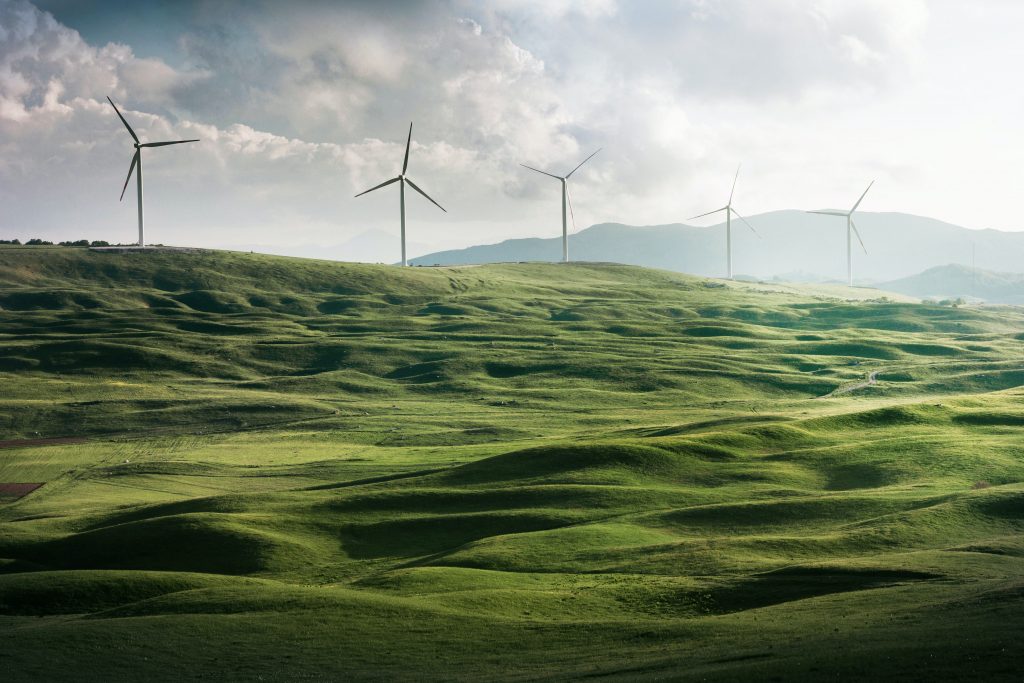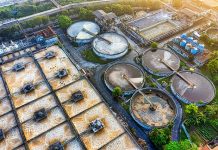
Sustainability Meaning: Sustainability comes from the Latin sustinere, which means to bear or support. In modern business, this refers to an emphasis on long-term prosperity, growth, and development instead of focusing solely on profit and immediate gains without regard to the impact on our environment or society in general. While there are many different ways to approach sustainability in your business, here are the best examples of sustainability practices in US corporations.
Carbon Footprints
The carbon footprint is a series of environmental footprints that measure human impact on Earth’s ecosystems. It is usually measured against some planetary norm and expressed as global warming potential (GWP). A carbon footprint measures how much greenhouse gas is emitted by a person, a group, organization, or activity and is measured over a period such as a year. According to GetSmarter, “The concentration of carbon dioxide in our atmosphere is the highest it’s been in human history, and forests are being destroyed on a scale of one football field lost every second.”
Packaging Waste
In 2009, Americans generated more than 38 million tons of trash from packaging. The EPA estimates that about 33% of that waste was recyclable but still ended up in landfills because people didn’t recycle it. Packaging is often reused or recycled once companies are done with their products, so find out what your local recycling program accepts and look for brands that recycle or reuse packaging waste. It’s possible to have a 100% recyclable package and product; just look for those labels.
Water Usage
We need to protect our water supply so that everyone can have access to clean drinking water, and we are doing just that. By using modern irrigation systems, which control how much water goes into our fields, we can minimize waste and keep local rivers and streams healthy for fish and wildlife.
Agriculture
Sustainable agriculture is a form of farming with a low environmental impact and can meet global food demands. It relies on soil health, crop rotation, biological diversity, and water conservation to grow crops without depleting natural resources or damaging soils. Although it’s most commonly used as an umbrella term for organic farming practices, sustainable agriculture goes beyond organic by encompassing other methods to minimize waste and improve overall soil quality.
Renewable Energy
Most of America’s electricity is still generated using fossil fuels, with wind and solar as small components. That’s changing quickly, though—the amount of wind energy used by American homes increased by 25% between 2011 and 2012, and there are now plans to bring a large offshore wind farm online off the coast of New York. Overall, it seems likely that renewable energy will soon become a major part of America’s total power generation picture.
Environmental Corporate Oversight
The following agencies are in charge of the development and enforcement of regulations based on environmental studies:
Wildlife Conservation Society
Wildlife Conservation Society (WCS) is a leading international conservation organization dedicated to saving wildlife and wild places worldwide. Its scientists conduct field research from six continents, maintain important field sites on all seven, and lead programs to save wildlife from extinction. WCS saves species using various techniques—from securing protected areas that give endangered animals breathing room to developing extinction-proof populations by protecting wildlife outside their natural habitats.
Businesses For Social Responsibility (BSR)
BSR strives to be a leading voice in corporate sustainability and aligns its efforts with United Nations’ Sustainable Development Goals. With a mission to help companies create value for their stakeholders—customers, employees, investors, and communities—BSR works with over 500 corporations globally.
Environmental Protection Agency (EPA)
The EPA is a federal agency under the US Department of Energy that aims to protect human health and the environment through education, policy, and regulation. Congress established it to oversee federal pollution control efforts, including research into potential environmental problems and how to control them.
A sustainable lifestyle is one that meets all your needs without causing unnecessary harm to yourself or to others. Furthermore, it ensures that no one suffers while meeting those needs. These are just a few examples of what we can do to create a more sustainable society.

















